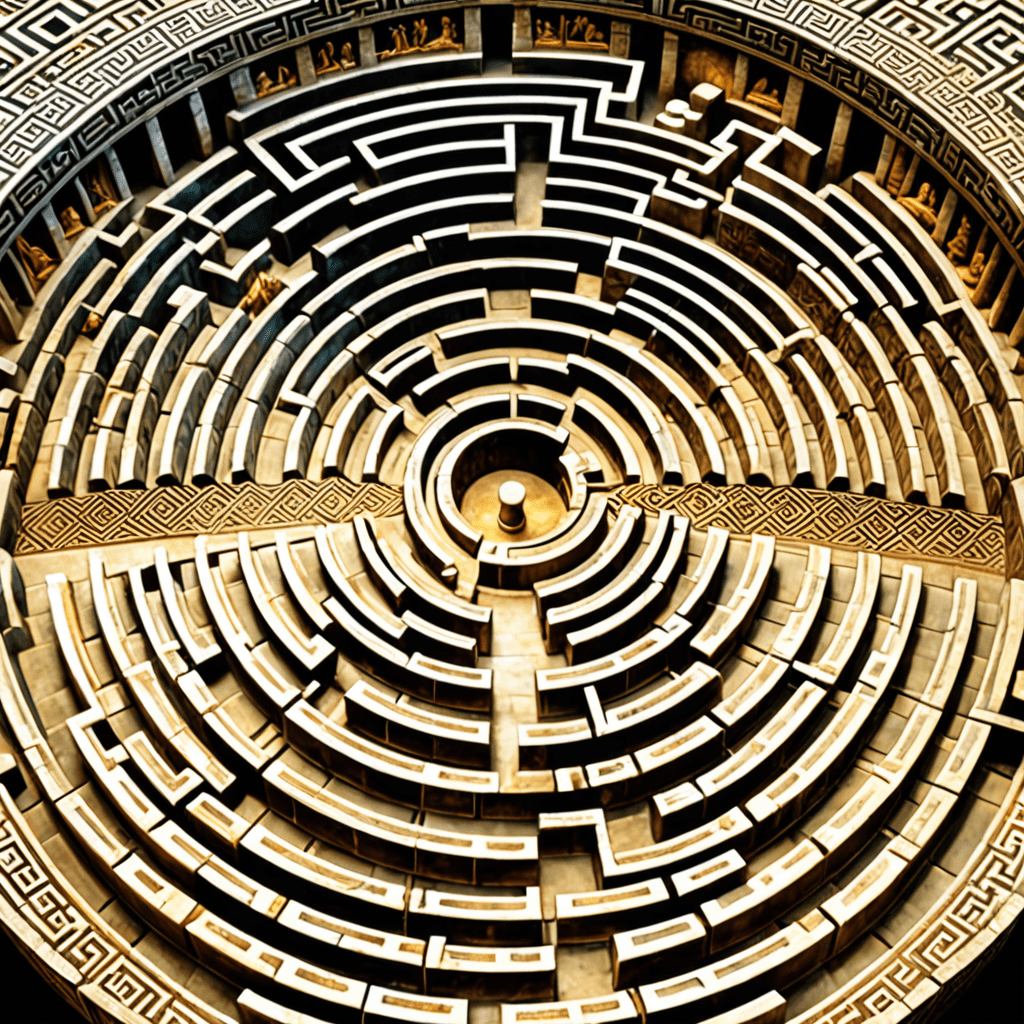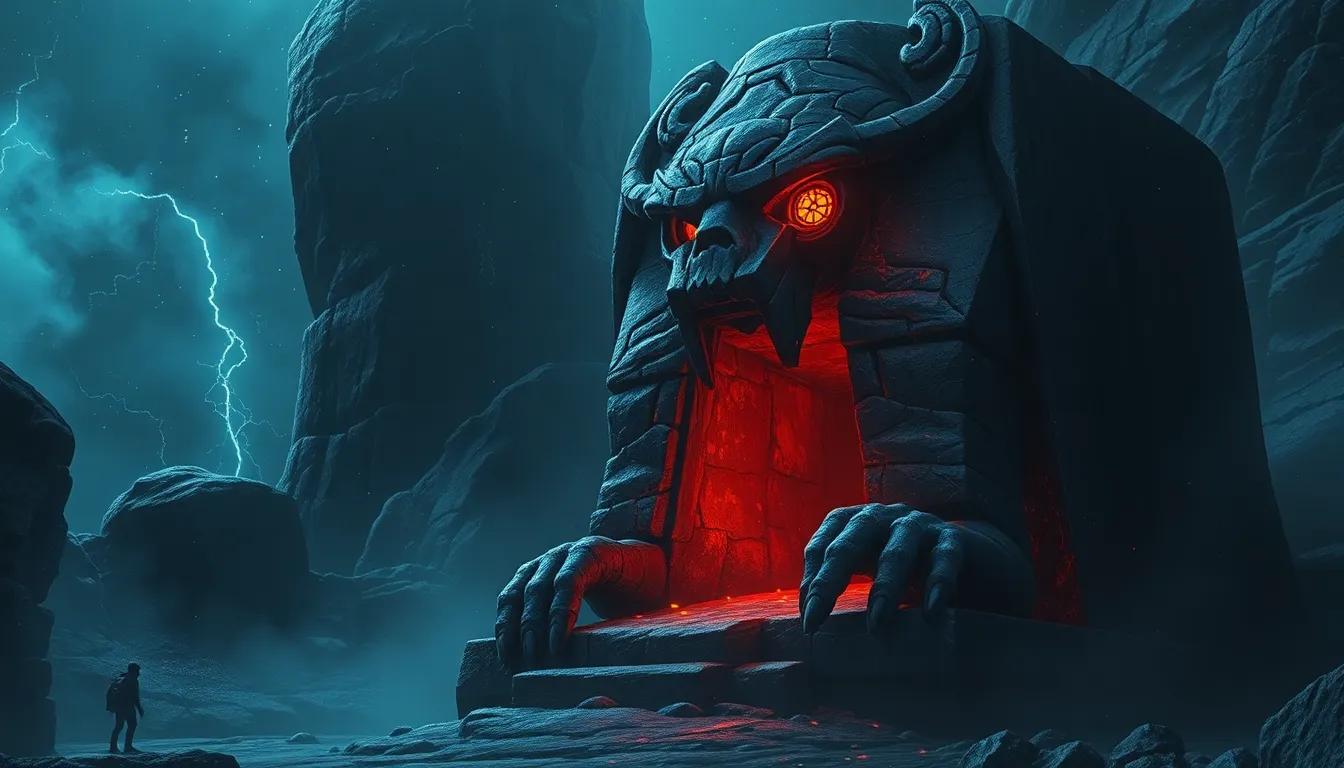The Symbolism of Labyrinths in Greek Mythology
Greek mythology is filled with tales of gods, heroes, and mystical symbols. One recurring symbol often found in these myths is that of the labyrinth. These intricate and perplexing structures hold significant symbolism in Greek culture, offering insights into various aspects of life, spirituality, and the human psyche.
What is a Labyrinth in Greek Mythology?
In Greek mythology, a labyrinth is typically portrayed as a complex maze-like structure designed by Daedalus, a legendary craftsman. One of the most famous labyrinths is the one built to house the Minotaur, a creature with the body of a man and the head of a bull, who was eventually slain by the Athenian hero, Theseus. The labyrinth served as a prison from which escape was nearly impossible due to its intricate layout.
The Symbolism of Labyrinths in Greek Culture
Labyrinths in Greek mythology symbolize various concepts, including the journey of life, challenges, and overcoming adversity. They are often seen as metaphors for the twists and turns people encounter in their lives. The act of navigating a labyrinth reflects the human experience of facing obstacles, making choices, and finding a way forward amidst confusion and uncertainty.
Significance of Labyrinths in Ancient Greece
Apart from their role in myths, labyrinths were also used in ancient Greece for spiritual and ritualistic purposes. The most famous example is the Labyrinth of Knossos on the island of Crete, which was associated with the myth of the Minotaur. These labyrinthine structures were believed to be places where individuals could undergo spiritual transformation, profound introspection, and initiatory rites.
Conclusion
The symbolism of labyrinths in Greek mythology extends beyond mere physical structures to represent the complexities of life’s journey. They urge individuals to embrace challenges, make conscious decisions, and navigate through the twists and turns of fate. By understanding the rich symbolism embedded in labyrinths, we can gain profound insights into the human condition and the eternal quest for meaning and self-discovery.
FAQs about the Symbolism of Labyrinths in Greek Mythology
What is the significance of labyrinths in Greek mythology?
In Greek mythology, labyrinths symbolize various concepts such as journeys, challenges, and transformations. They are often associated with the Minotaur and the heroics of figures like Theseus.
How do labyrinths represent the journey of life in Greek mythology?
Labyrinths are seen as metaphors for the twists and turns, decisions, and obstacles individuals face in their life journeys. They reflect the complexities and uncertainties of life, similar to navigating through a maze.
What role does the myth of the Labyrinth of Knossos play in Greek mythology?
The Labyrinth of Knossos, built by Daedalus to contain the Minotaur, represents confinement, power dynamics, and human nature. Theseus’ quest to navigate and conquer the labyrinth symbolizes overcoming inner darkness and external challenges.



